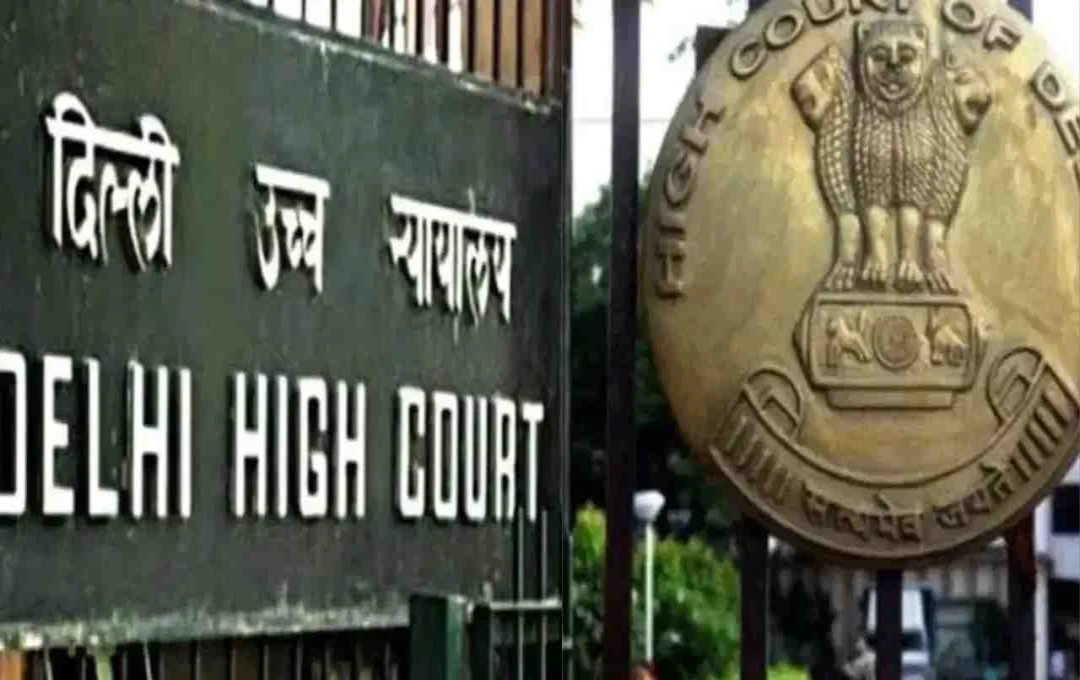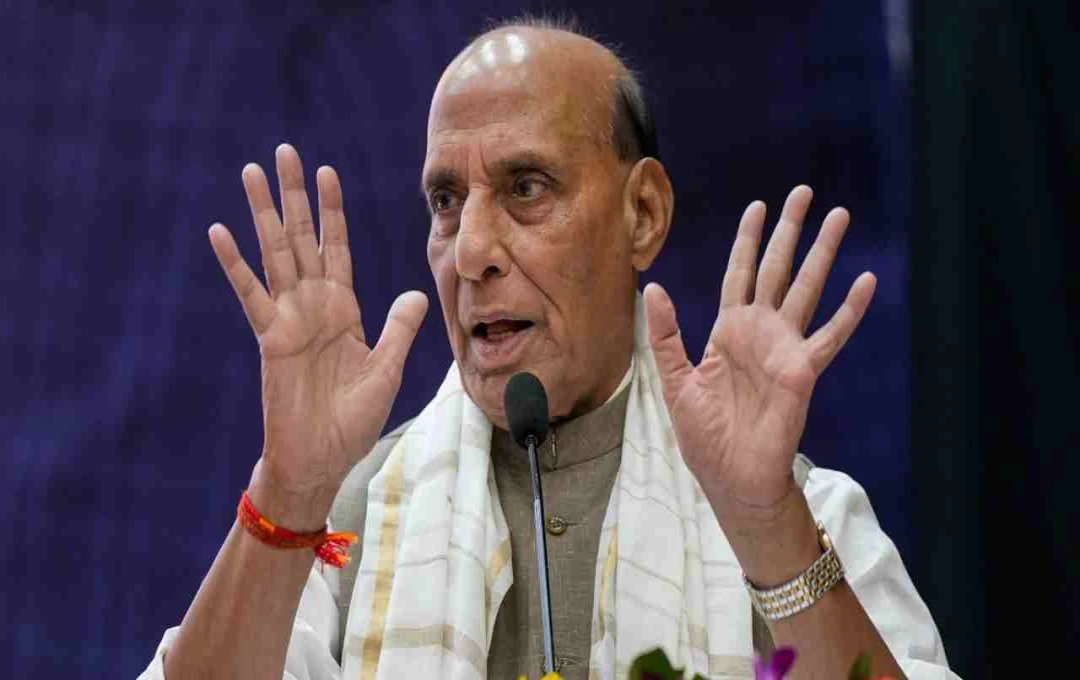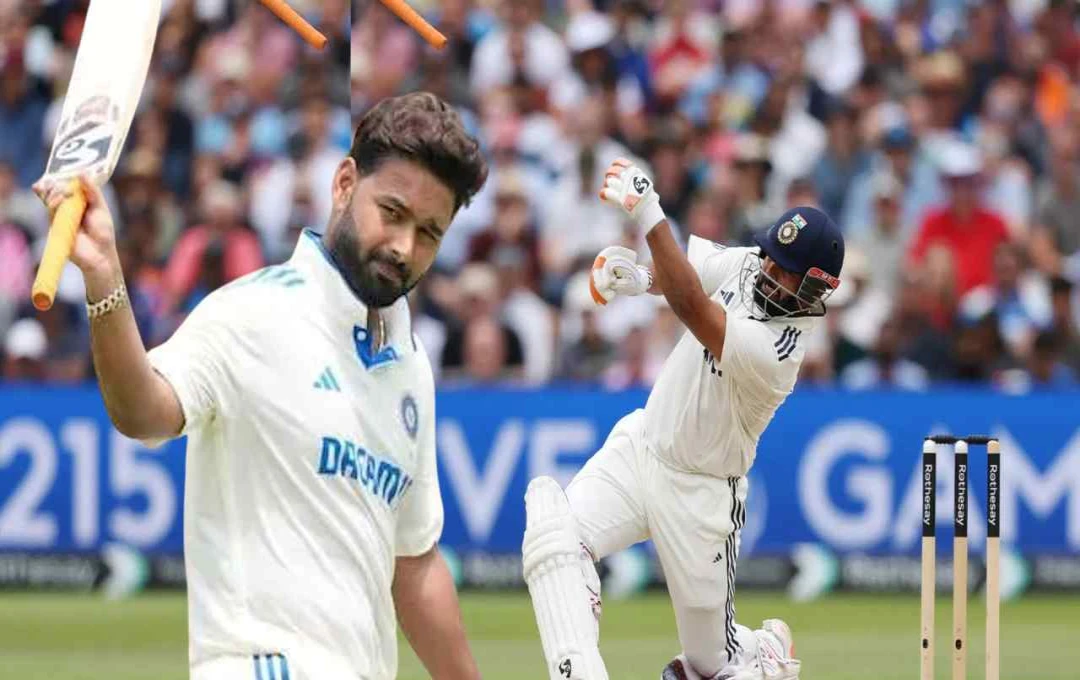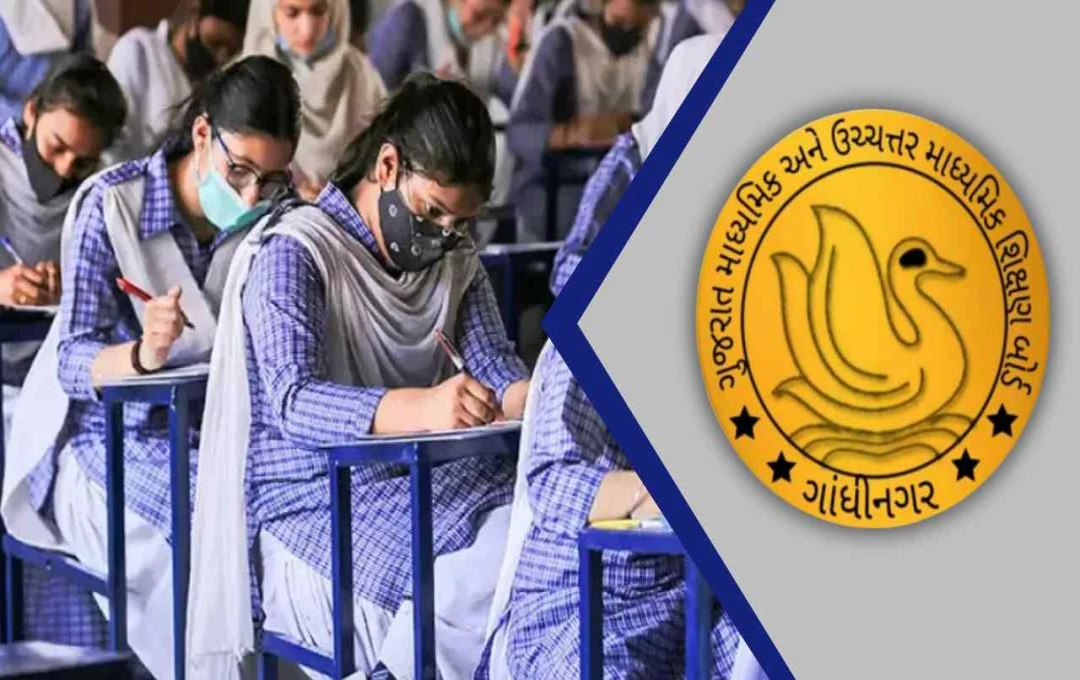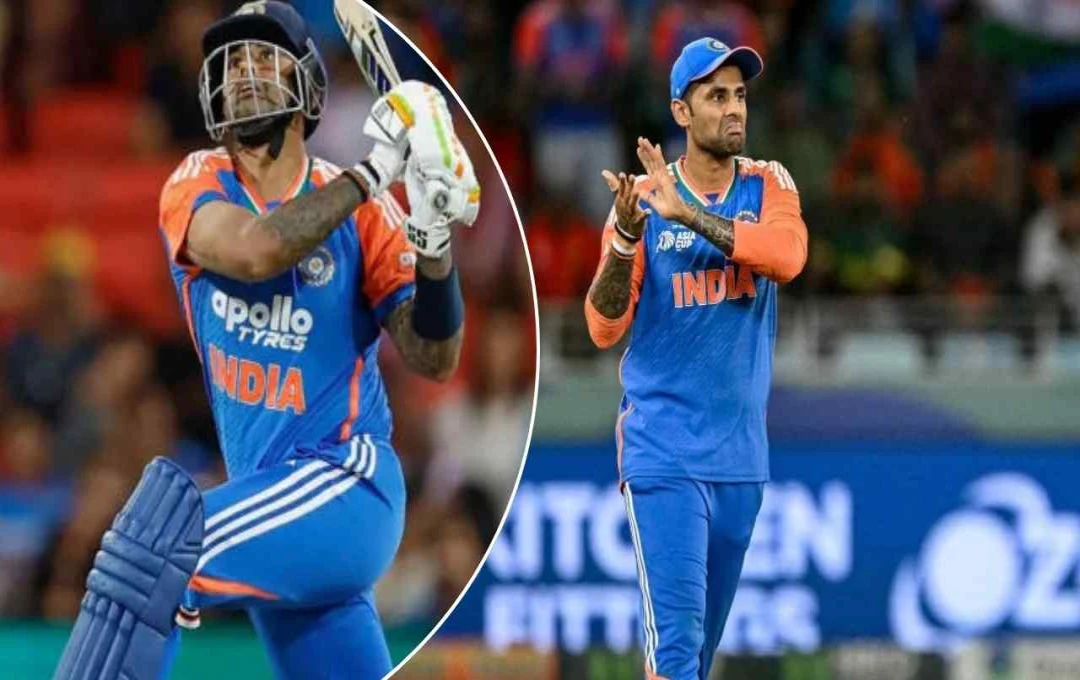The Delhi High Court has taken a stern view of the discharge of untreated sewage into the Yamuna River. The court has bly reprimanded the Delhi Jal Board (DJB) and the Municipal Corporation of Delhi (MCD), instructing both agencies to hold a joint meeting by August 7 and submit a detailed action plan and report on the issue. The court described the increasing pollution in the Yamuna as a matter of "serious concern," stating that it is now time for concrete action.
It is noteworthy that the High Court has been continuously monitoring cases of pollution in the Yamuna since 2022. The court has now made it clear that if the concerned agencies do not take effective steps in time, strict action may be taken against them.
Hearing Began with a News Report in 2022
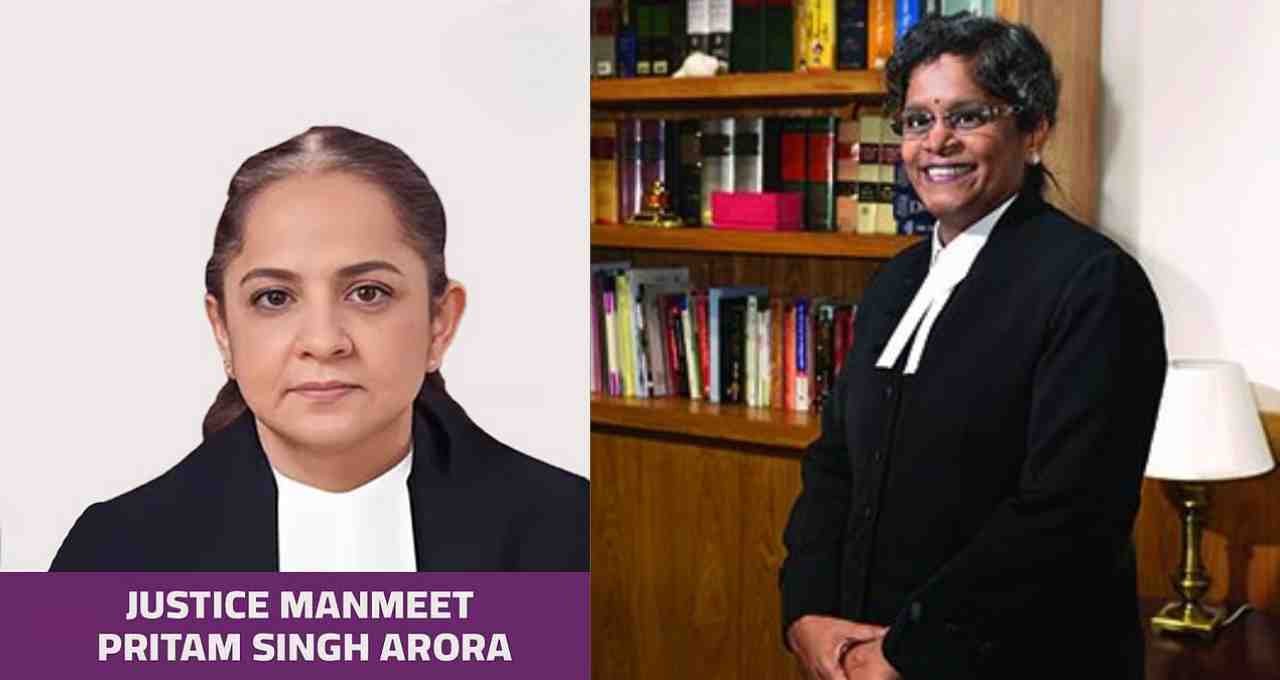
This case began when a newspaper published a report in 2022 highlighting serious flaws in waterlogging and rainwater management in Delhi. The report exposed the capital's dilapidated drainage system and sewage management. On this basis, the High Court took suo motu cognizance of the matter and accepted it for hearing as a public interest litigation.
During the recent hearing of the case, a bench comprising Justice Pratibha M. Singh and Justice Manmeet Pritam Singh Arora reviewed the report of a special committee that examined the condition of Sewage Treatment Plants (STPs). The report revealed that a significant amount of untreated sewage is still being directly discharged into the Yamuna River in the capital.
Court Angered by Poor Condition of STPs
According to the report filed in court, there are a total of 37 Sewage Treatment Plants in Delhi, but many of them are either not operating at full capacity or are not functioning properly due to technical faults. The court expressed b displeasure, calling it extremely worrying.
The court commented that only treated water should be released into the Yamuna, but the report makes it clear that a lot of work remains to be done in this direction. The court emphasized the need for immediate action on this matter.
Orders for Joint Meeting and Filing of Report
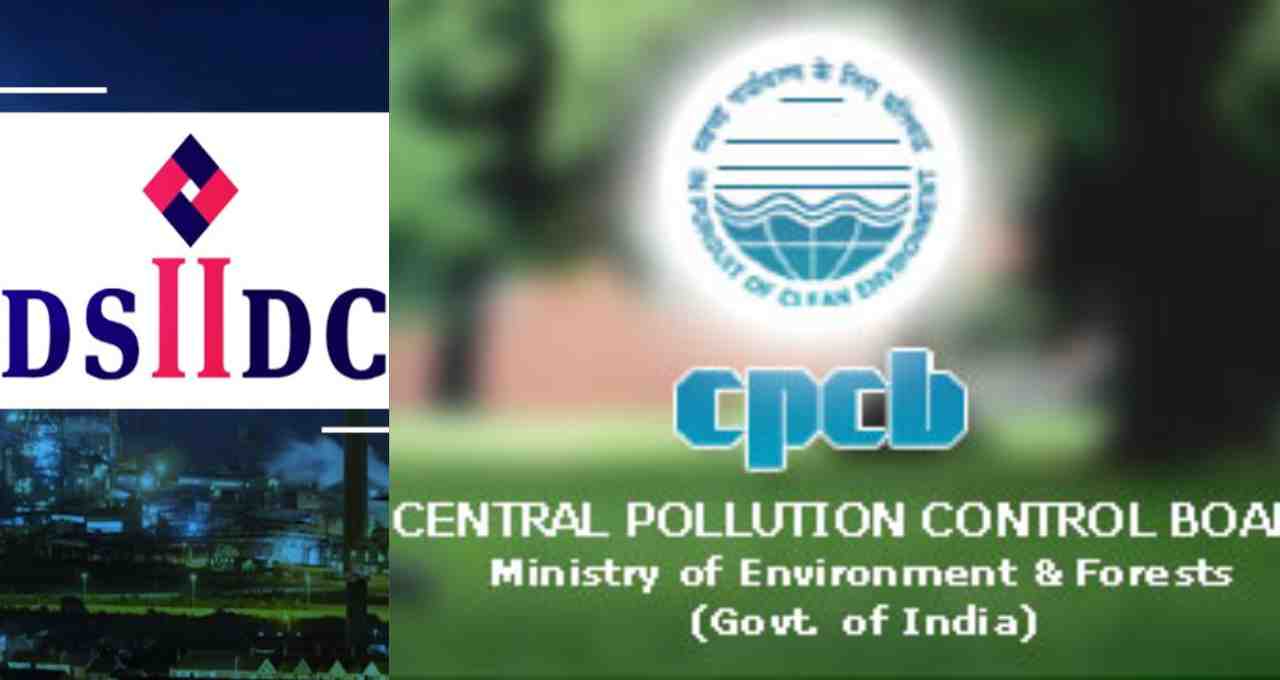
The High Court appreciated the efforts made by the Special Committee so far, stating that although preparing the report is a positive step, more concrete efforts are needed for real improvement. The court ordered all members of the Special Committee to hold a joint meeting on August 7 with officials from the Delhi Jal Board, the Municipal Corporation of Delhi, the Delhi State Industrial Development Corporation (DSIIDC), and the Delhi Pollution Control Committee (DPCC).
The aim of this meeting is to prepare a concrete plan towards a permanent solution to pollution in the Yamuna. After the meeting, a joint report will be prepared and filed in court, providing full details of the steps taken so far and the future course of action.
Delhi's Sewerage System Also Under Scrutiny
The court once again questioned the capital's sewerage system, stating that as soon as the rains begin, waterlogging occurs on the roads of Delhi, which not only affects the daily lives of ordinary people but also completely disrupts the traffic system. The court termed it administrative negligence, saying that the system has needed improvement for a long time, which can no longer be ignored.
What Should Be the Future Strategy?
Now, the DJB and MCD have the responsibility to prepare a solid report after the August 7 meeting, which should clearly state that only treated water will be released into the Yamuna. The report should contain full details of the steps taken for this and what the future strategy will be.
If the agencies fail to satisfy the court, the court will not hesitate to take strict action at any level. In such a situation, it remains to be seen whether the administrative machinery of Delhi wakes up in time or whether the pollution of the Yamuna will continue to increase in this way.
